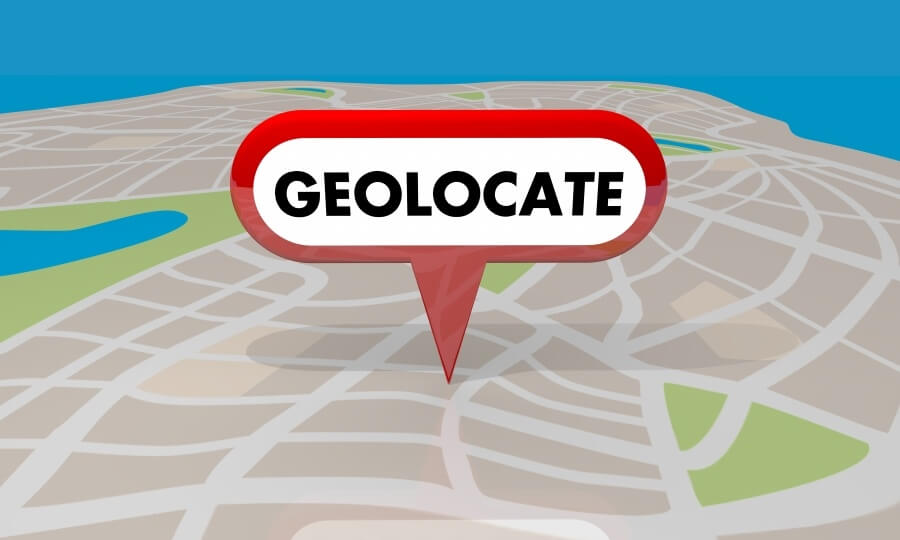Where? Here: An Introduction to IP Geolocation
When targeting your audience, you must answer the "Five Ws": Who, What, Where, When, Why. Your brand, product, goals, and research enable you to confirm four of the five, but "where" has always remained a mystery — until now. The introduction of IP geolocation into the marketing landscape has changed things forever. With the use of an IP geolocation tool, your marketing dollars will generate a higher ROI than ever before.

What Is IP Geolocation?
Simply put, it's a way to determine location based on internet activity. A more thorough explanation is rooted in the user's IP (Internet Protocol) address. This unique number is dynamic and attached to every activity performed on a laptop, desktop, tablet, and smartphone. Consider it an equivalent of providing a return address whenever you access the internet. IP geolocation is the process of mapping the actual location of the user via their internet-connected device's IP address.
Who Uses IP Geolocation?
Everyone: From e-commerce, B2B and B2C, to retail, sales, and service companies. The potential of this tool is limitless. Any industry seeking to reach an audience, whether to market a product, event, service, or sale, will achieve greater success and get more bang for their marketing buck thanks to IP geolocation.
What Is IP Geolocation Used For?
Five common uses of IP Geolocation include:
Targeted Keywords
This is especially helpful when no other demographic data has been collected. A user's IP address will provide enough location information to implement relevant keywords. IP geolocation also enables you to take advantage of location-based keywords. People often include states, cities, and even streets when conducting a search. You can then measure the efficacy of your content with regard to particular areas.
Geo-Fencing
If you've driven past a business and received a notification or ad from there, you've experienced geo-fencing. This targets a specific mapped section, like a radius around your location, and transmits a push notification to people who enter that area. A more proactive and aggressive approach would be to target your competitor's location or push notifications to people who frequent complementary businesses, like bookstore shoppers who may be interested in your coffee shop.
Beacons
These are basically micro-push notifications. You're not just targeting the area they're in; you're targeting every step they take. For example, if you own a store and a customer has spent extended time in one aisle, you can offer them a coupon or employee assistance.
Event Planning
Don't throw a party that nobody comes to. When running on-site promotions or events, IP geolocation is the most important thing in your marketing toolbox. You can select a location-appropriate venue or, if your venue is predetermined, only market to those within set location and demographic parameters.
Territory Management
If the majority of your audience is in one territory, don't spend all of your time and efforts on another. IP geolocation takes the guesswork out of resource allocation and arms you with the knowledge you need to make smart and profitable decisions.
With IP geolocation, the opportunities for (and the quality of) audience engagement are truly infinite. When used effectively and in tandem with IP geolocation tools, your marketing will be more effective and your business more successful than ever before.




































